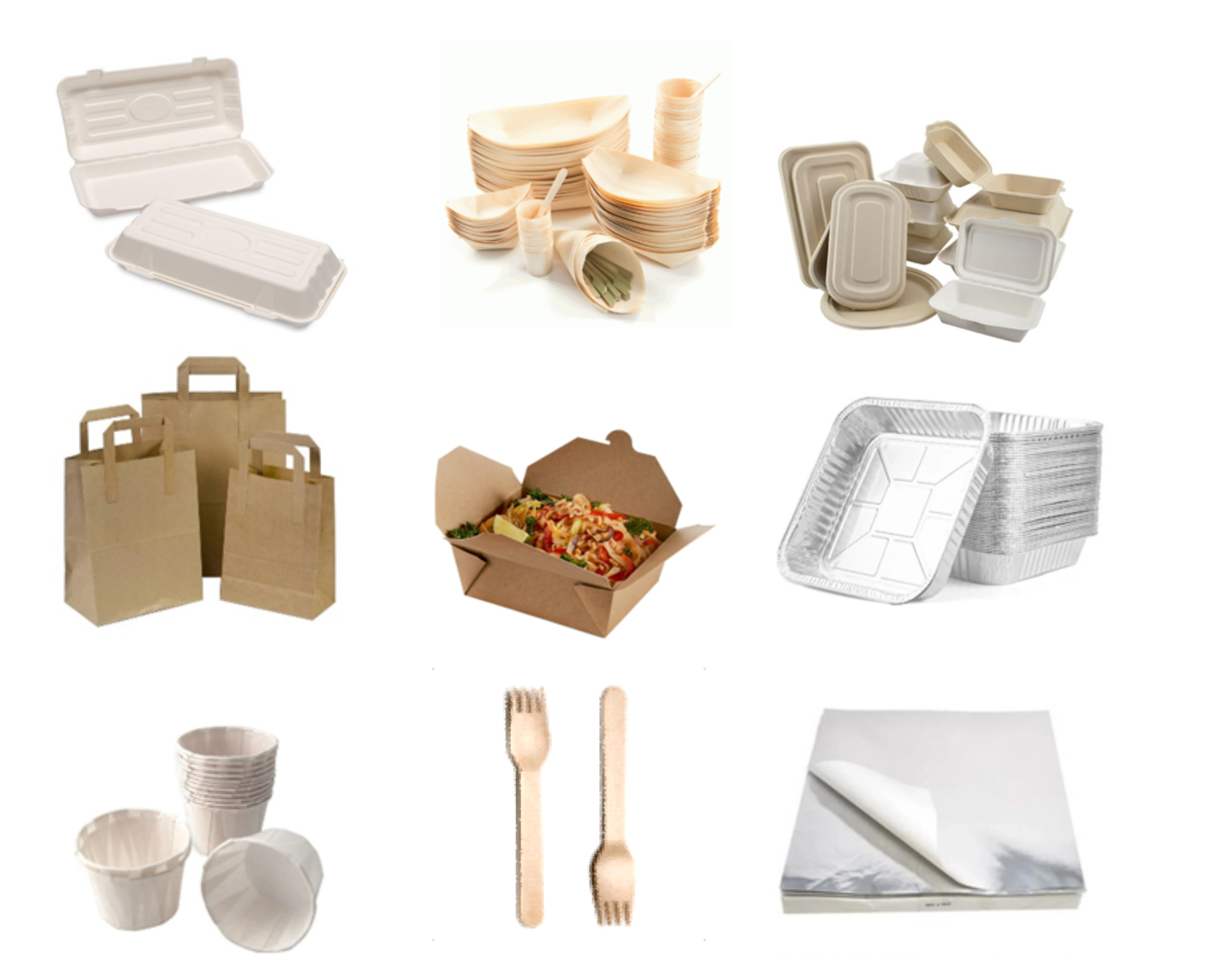Sustainability at Council-run Markets and Events
We will use our events to proactively educate and inspire visitors to make environmentally friendlier choices.
We will give preference to suppliers and contractors who embody these principles in the provision of their products and services and ensure that organisers running events on Council land also do all they can to protect the environment.
The purpose of this page is to clarify how we will bring sustainability to bear in our selection of traders for our markets and events and to set out our expectations of traders around the various elements that contribute towards a sustainable market/event.
Waste and recycling Toggle accordion
Events and markets generate large amounts of waste not only from the sale of takeaway food, but also from litter, packaging, promotional materials, and goods bought or given away. Whilst we will do all we can to provide recycling facilities that can be easily accessed by visitors, we expect traders to play their part in reducing waste and litter and will give preference to traders who demonstrate they are doing all that they can to reduce waste across their service.
What you must do as a Trader:
- Remove all litter from around your stall and recycle as much as possible.
- Single-use plastic or polystyrene in the form of food containers, cups, cutlery and stirrers, plates, bottles (except water bottles), bags, straws and takeaway packaging, are not permitted.
- Consider the packaging you use very carefully.
- Use paper bags and plates where possible instead of boxes as these are easily recycled in the paper bin without taking up too much space.
- Use cardboard or aluminium food containers along with a paper liner, to catch the food. These can then be recycled in the provided bins.
- Do not use compostable plastic alternatives, as these are indistinguishable from plastic and can cause problems if they are placed in the plastic recycling bins. Composting bins are not typically provided at Council-run events.
- Choose bamboo or cardboard cutlery rather than wood, plastic or compostable plastic. Explore possibilities for more sustainable cutlery options as they become available (e.g. card cutlery).
- Consider providing bulk dispensing of sauces to reduce the need for individual plastic packets.
- Use paper bags and plates where possible instead of boxes as these are easily recycled in the paper bin without taking up too much space.
- Separate oils and fats and correctly store and dispose of them to avoid water pollution. Never put them down the drain.

With the exception of the wooden cutlery, all these items can all be recycled in the paper and cardboard, or cans (foil), as long as food is removed. The liners can be used to remove the food first before recycling.
Food traders Toggle accordion
Keeping in mind the effect of food choices on health and the environment, we will give preference to vendors who provide plant-based food, as well as those who minimise their catering waste by serving food in recyclable or minimal-waste packaging.
Energy Toggle accordion
As a Council we have committed to reducing greenhouse gas emissions from all our operations and services, including markets and events, in order to protect the climate. That means looking for clean power sources, using energy efficient equipment for lighting, power and hire equipment and encouraging stall holders and entertainers to reduce their power needs as much as possible.
- Use of generators powered by petrol, or open framed generators whether Diesel, LPG powered are prohibited at Council-managed events and markets.
- We permit the use of fully enclosed and silenced generators powered by biodiesel, LPG Gas or Diesel, as well as portable batteries.
- Each generator, along with associated cabling and distribution, should be in proper working order.
- Traders should also include the operation of a generator(s) and associated risks in their traders risk assessment.
- Please consider using a biodiesel generator. The most sustainable fuels are sourced from Waste Vegetable Oil or Hydrogenated Vegetable Oil.
Transport Toggle accordion
Vehicles create greenhouse gases and cause air pollution and traffic congestion. We will give preference to vendors who are using low emissions vehicles to deliver their services.
What you must do as vendor:
- All mobile street traders must have an electric vehicle if they are required to keep an engine running when stationary as part of their business.
- Encourage employees to travel to work using sustainable travel (e.g. public transport) or to share car journeys
Products, supplies and promotions Toggle accordion
If products don’t serve a useful purpose or if they aren’t made to last, they create waste.
We discourage the use of promotional ‘giveaways’ that are made of plastic and are likely to be quickly discarded. We give preference to traders who sell long-lasting, sustainably produced, durable, repurposed and/or environmentally friendly items that serve a practical purpose and are likely to be used for a long time or are beneficial to nature (e.g. seed bomb). We will give preference to traders who demonstrate that they are doing all they can to reduce waste and single-use plastics.
The following items may not be sold at Council-run Markets and Events
- Plastic or foil balloons (biodegradable balloons are acceptable).
- Products using animal fur unless it is a by-product of the food industry.
- Any live or dead animals, insects, reptiles including taxidermy (e.g. insect key chains, stuffed animals). This does not include fossils.
- Glitter that is not biodegradable.
We strongly advise vendors to:
- Promote your business online to reduce the need for printed brochures or flyers.
- When you do need to print something, use 100 per cent recycled paper products and inks.
- Promote the actions you have taken to green your stall and reduce your waste.
